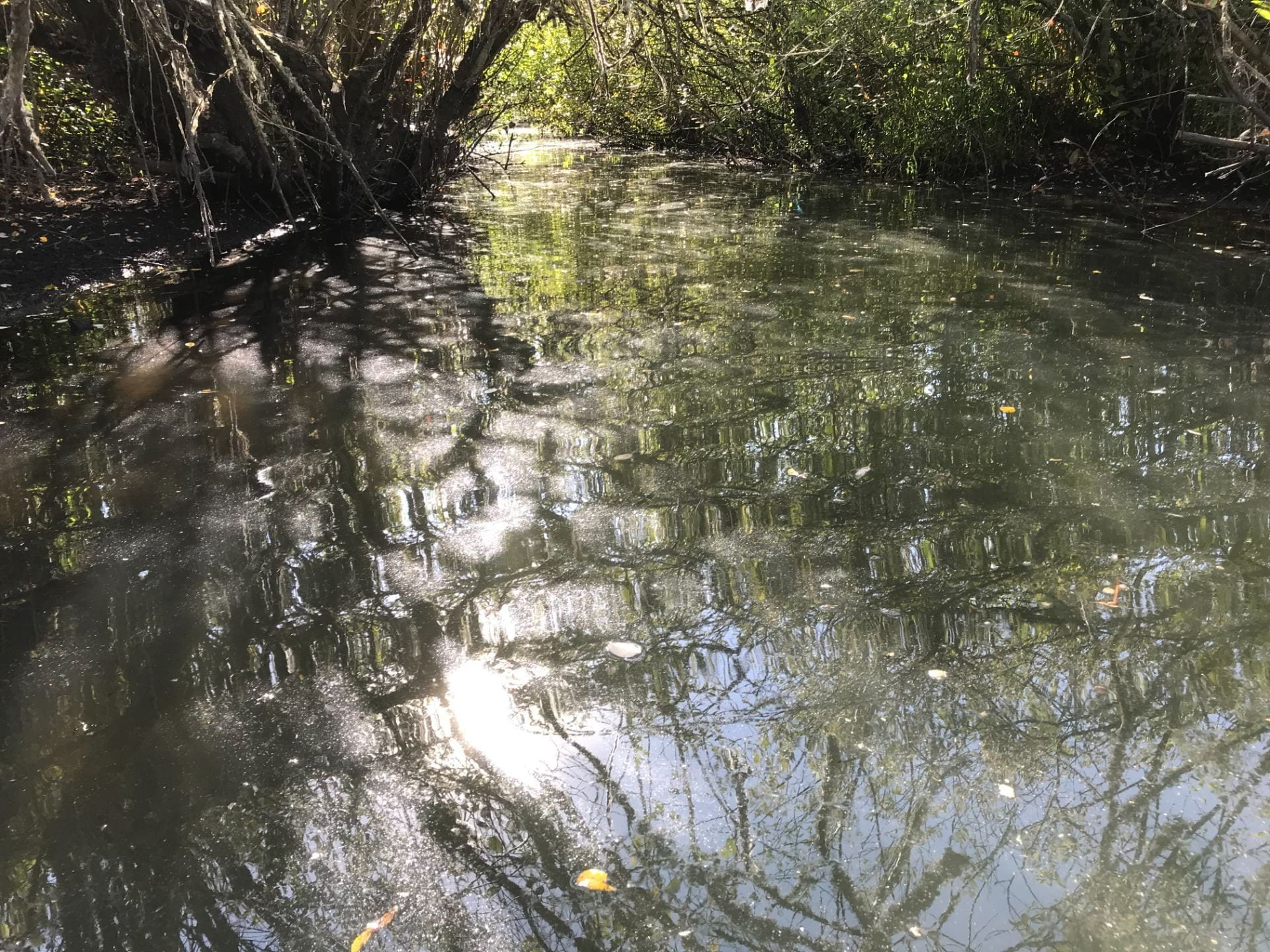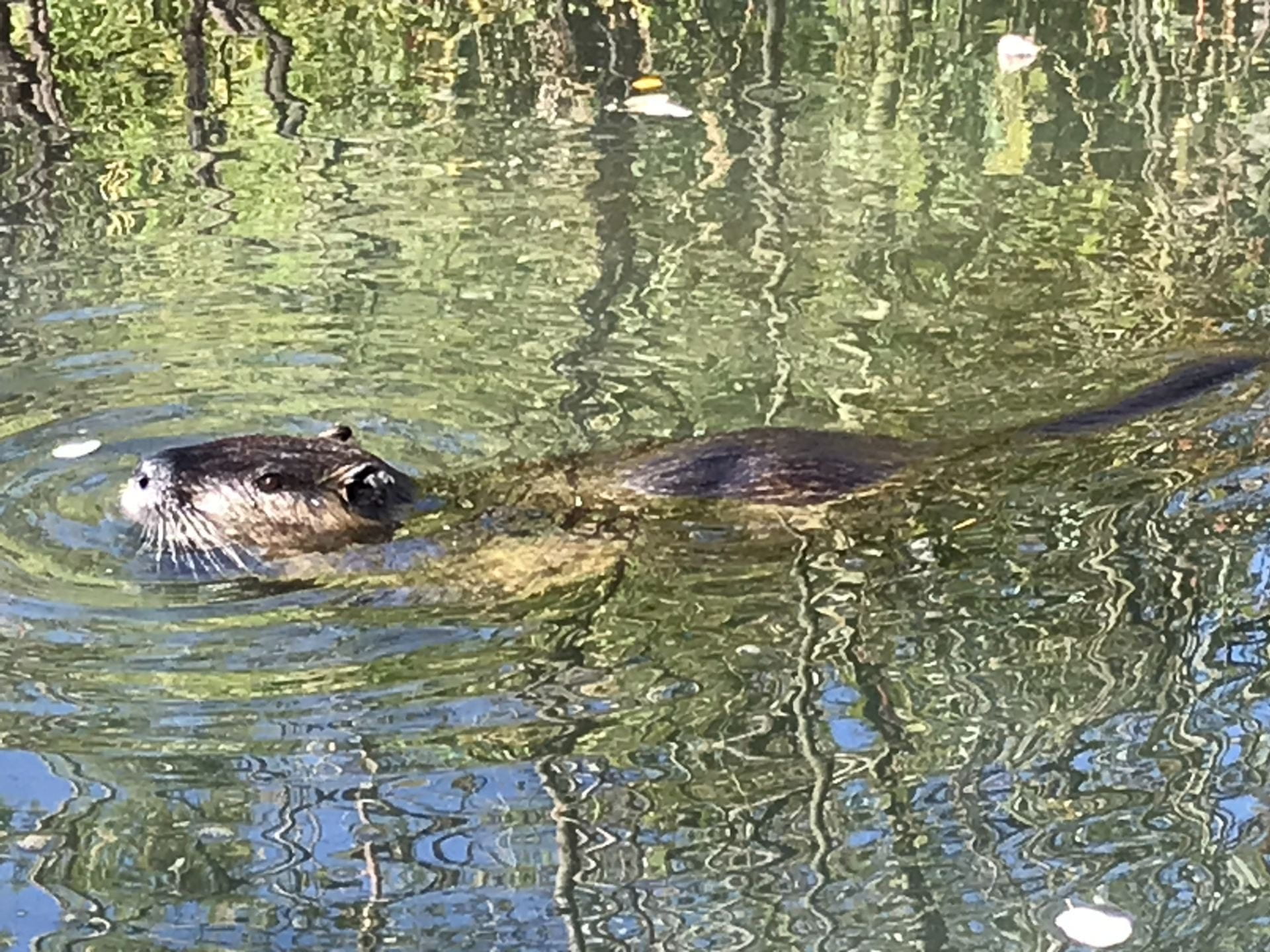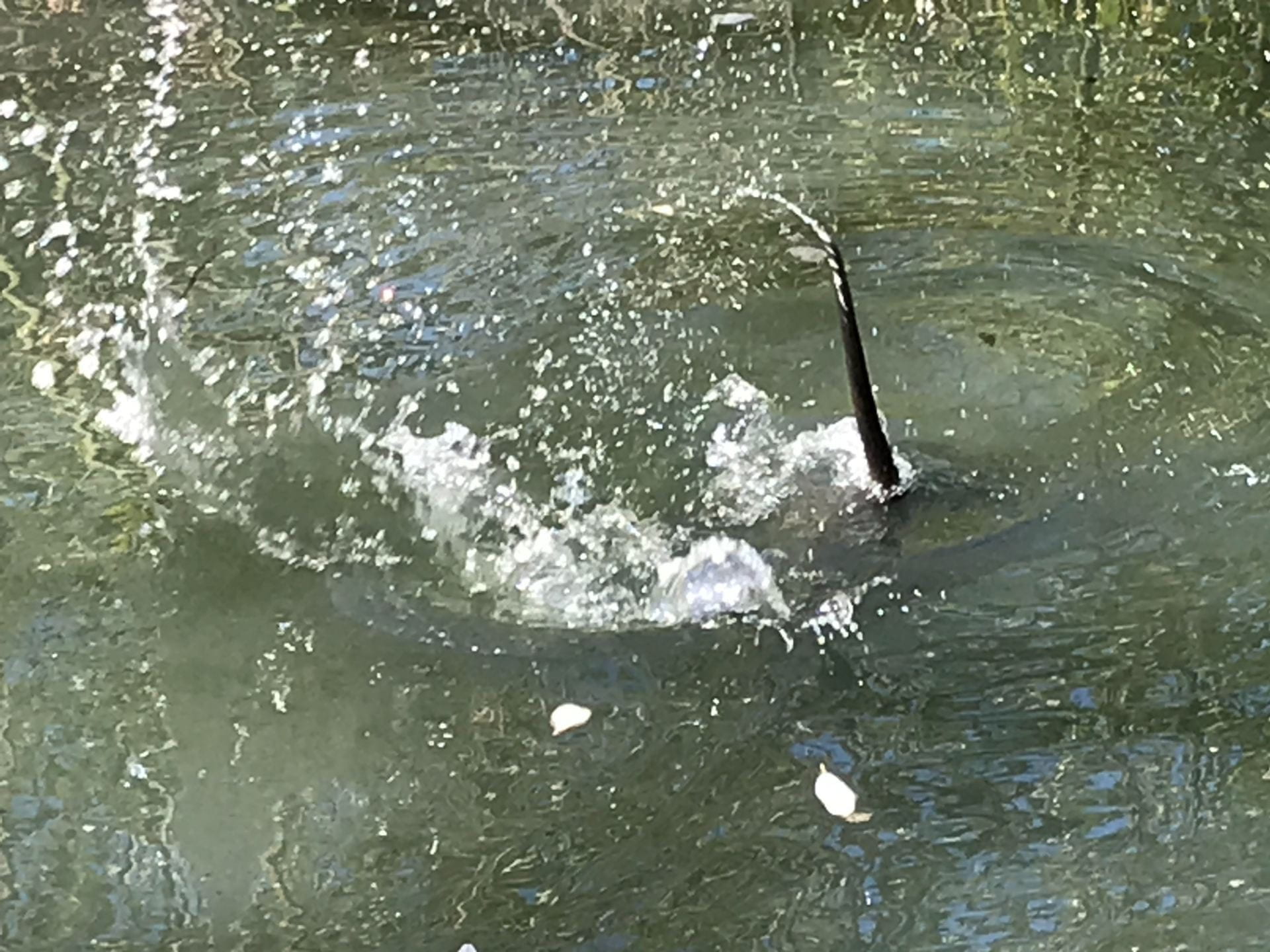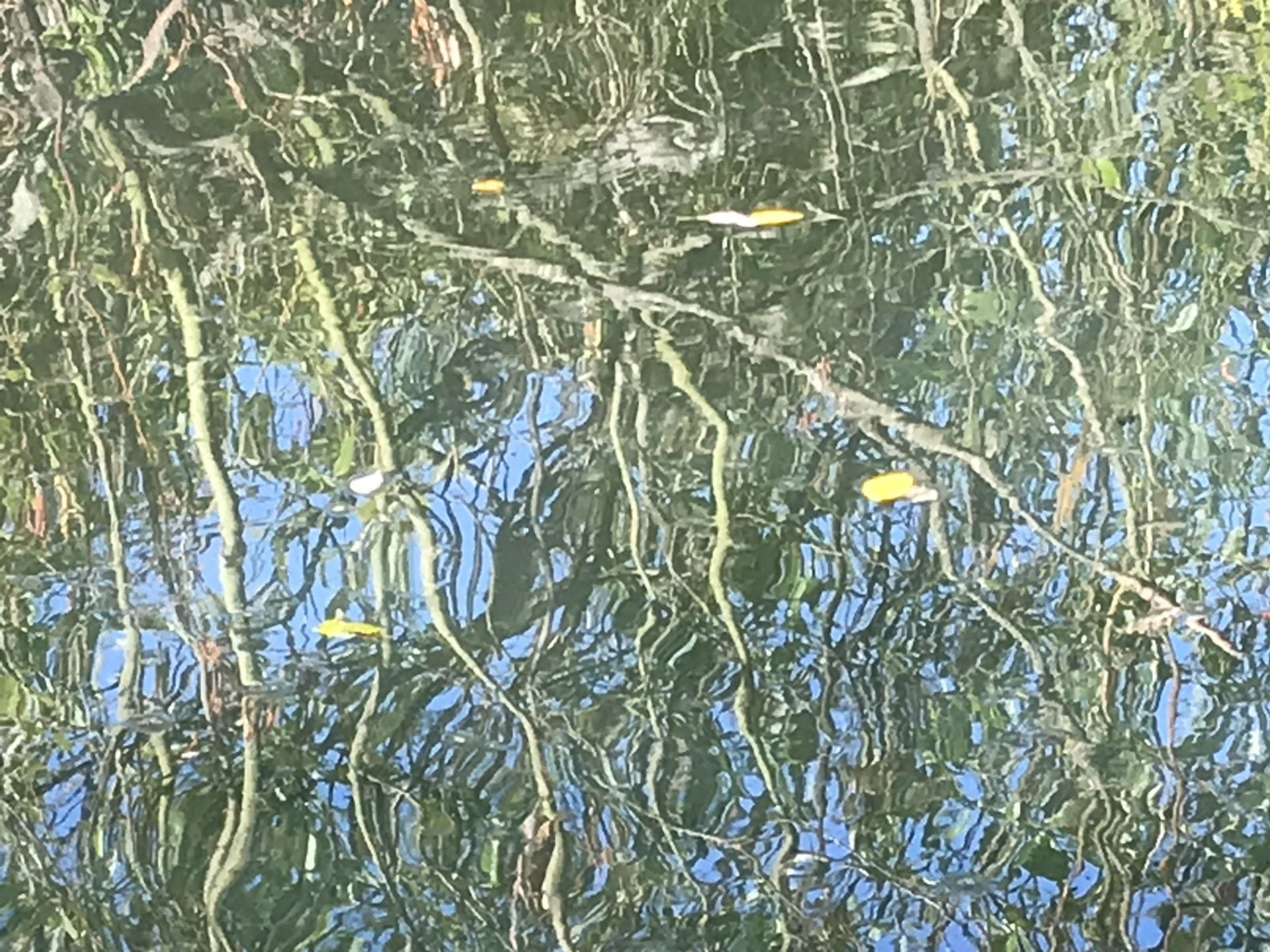Traditional Ecological Knowledge
The Forager Curriculum
“When I was a young man I went to a medicine-man for advice concerning my future. The medicine-man said: ‘I have not much to tell you except to help you understand this earth on which you live. If a man is to succeed on the hunt . . . he must not be governed by his inclination, but by an understanding of the ways of animals and of his natural surroundings, gained through close observation.’”
—Lone Man (Densmore 1918:214)
Photos by Michelle Scalise Sugiyama
Story traditions are part of the forager curriculum: the body of accumulated ecological knowledge that is actively curated and transmitted from expert to novice. Making a living by hunting and gathering requires years of education and training, but learning does not take place in a classroom. Children learn by playing, observing, imitating others, helping out with daily tasks, and listening to stories. Oral narratives reenact events that shaped–and continue to shape–important features of the local environment. In so doing, they provide foragers with mental snapshots of their territory, enabling them to learn the lay of the land by exploring it virtually.
“The non-Western, tribal equivalent of science is the oral tradition, the teachings that have been passed down from one generation to the next over uncounted centuries. . . . Some romance has attached to Indian oral traditions in recent times . . . and consequently some people have come to believe that oral traditions refer only to religious matters. This description is not true. The bulk of American Indian traditions . . . deal with commonsense ordinary topics such as plants, animals, weather, and past events that are not particularly of a religious nature.”
—Deloria (1997:36)
Compared to Western environmental science, traditional ecological knowledge is more holistic and expansive. It includes teachings that help individuals understand their role within the local ecosystem, and precepts that guide their interactions with its human and non-human denizens. Thus, in addition to natural history, traditional ecological knowledge includes governance, philosophy, and religion, as well as the expressive media used to transmit this information.
“it is not possible to divorce the ecological aspects of a tradition from the religious, the aesthetic, or the social. For example, among Native American people of the Columbia Plateau . . . moral precepts are inculcated by means of a body of ‘Coyote stories’. A Columbia Plateau elder may know more than 60 such stories. . . . Children learn the moral precepts that will guide them in their social and ecological relationships by listening to their elders tell these stories. Thus, religion, art and ecology are one.”
—Hunn (1993:14)
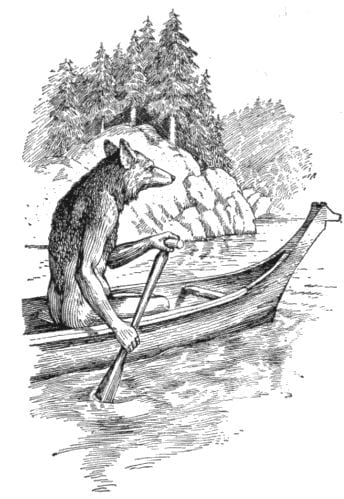
Image from Wikimedia Commons
Arts and Sciences
“Myths are the fountain-head of most sciences: cosmography, botany and zoology, biology and physiography, history and law, all have their beginnings in myth.”
—Massola (1968:ix)
The forager curriculum can be divided into six disciplines, or knowledge domains:
Zoology
Information about animal morphology, traits, diet, habitat, behavior, vocalizations, life history, population fluctuations, management, and sign.
Botany
Information about the growth habits, properties, habitat, seasonality, uses, processing, and management of plants and fungi.
Physical Geography
Information about inanimate features of the landscape, such as tides and currents, topography, water and mineral resources, travel routes, landmarks, climate, and natural disasters.
Cultural Geography
Information about the social environment and cultural institutions, such as governance, norms, customs, beliefs, language, territorial boundaries, land rights, trade networks, and alliances.
Astronomy
Information about the appearance and position of celestial bodies across the year, and their use for time reckoning and navigation.
Technology
Information about how to do things, such as navigate, track animals, and make implements (tools, shelter, clothing, medicine, fire, boats).
Photos by Michelle Scalise Sugiyama
